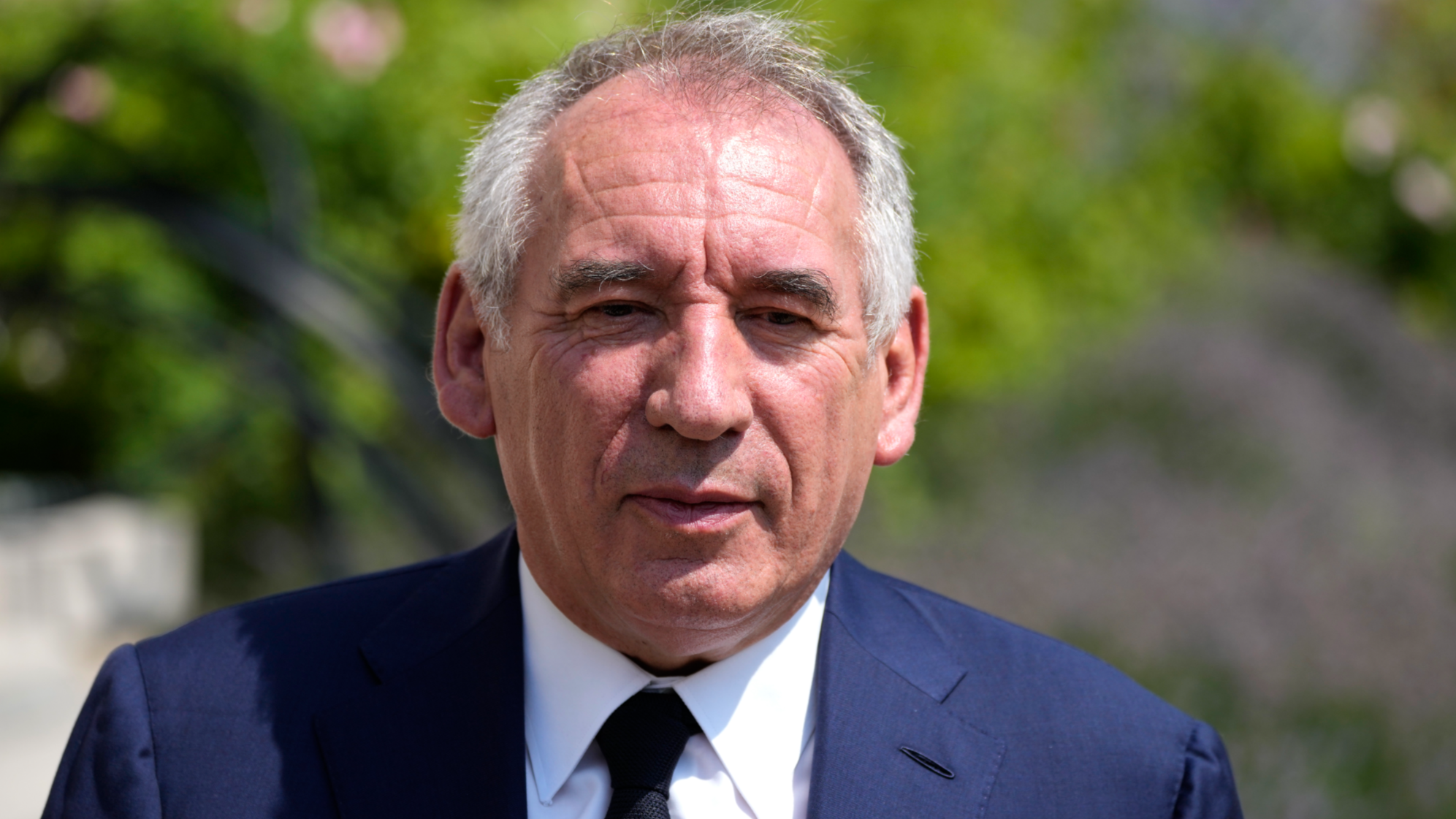
PARIS - French President Emmanuel Macron has nominated Francois Bayrou as France's new prime minister, the Elysee announced in a press release on Friday.
"The President of the Republic has nominated Mr Francois Bayrou as Prime Minister and tasked him with forming a government," Macron's office said.
Francois Bayrou, a centrist ally of Macron, succeeds Michel Barnier who was outed in a no-confidence vote. Bayrou now needs to form a government and make a 2025 budget adopted by the French National Assembly.
READ MORE: France's Macron to name new prime minister on Friday, Elysee says
Born in 1952, Bayrou founded the centrist party Democratic Movement (MoDem) in 2007. He ran as a presidential candidate three times, in 2002, 2007, and 2012.
After the announcement of the Elysee, Jordan Bardella, president of the far-right wing party National Rally (RN) told French news channel BFMTV that his party would not immediately censor Bayrou.
However, Bardella called on Bayrou to "take into consideration the new political situation" and to "understand that he has no democratic legitimacy nor the majority in the National Assembly, which requires a dialogue with all the forces represented in the parliament."
The hard-left party La France Insoumise (LFI) has announced a plan to launch a no-confidence vote to bring down the newly nominated Bayrou.
The LFI has repeatedly said that the position of prime minister should be given to someone from the left-wing parties alliance who won the most seats in the snap legislative elections this year.
READ MORE: French lawmakers set to vote on ousting Prime Minister Barnier
The French National Assembly voted Dec 4 in favor of the no-confidence motion, compelling Michel Barnier to resign and causing the government to collapse. Barnier's government became the first to fall to a no-confidence vote since 1962.


